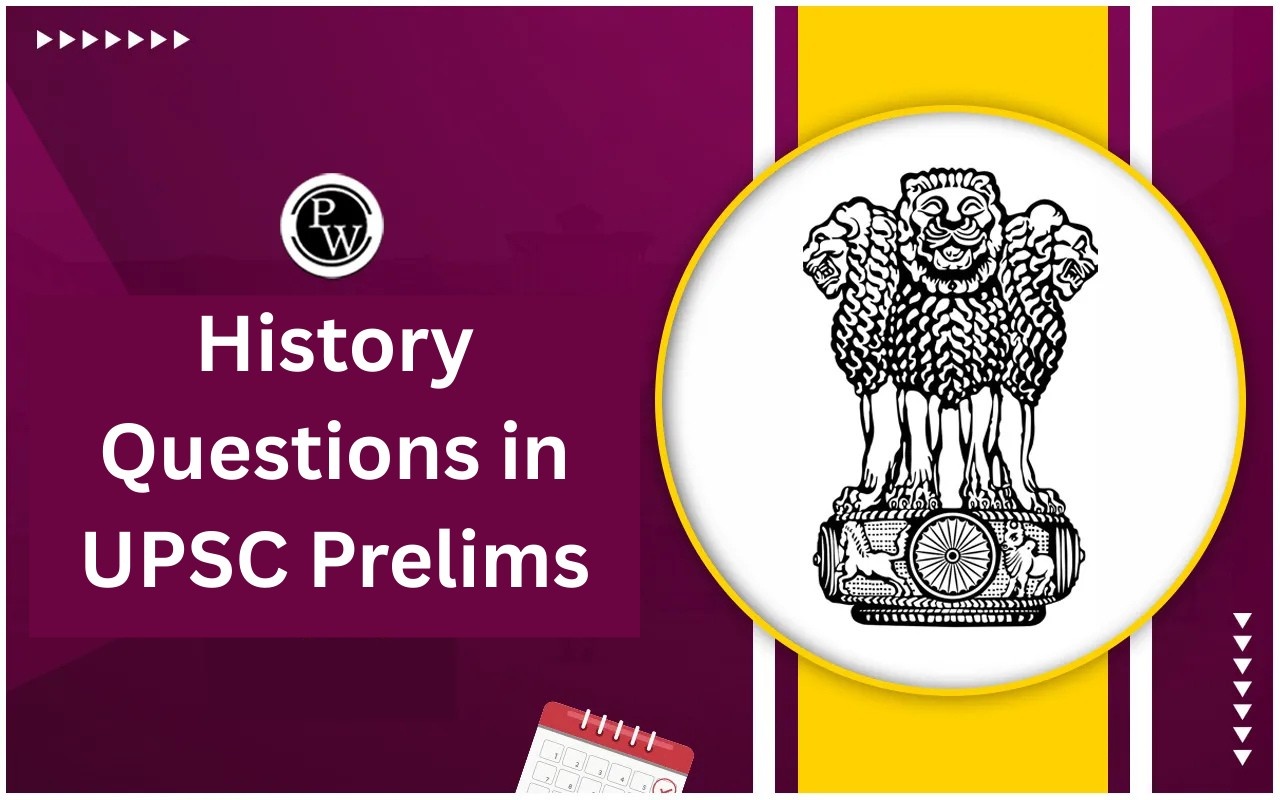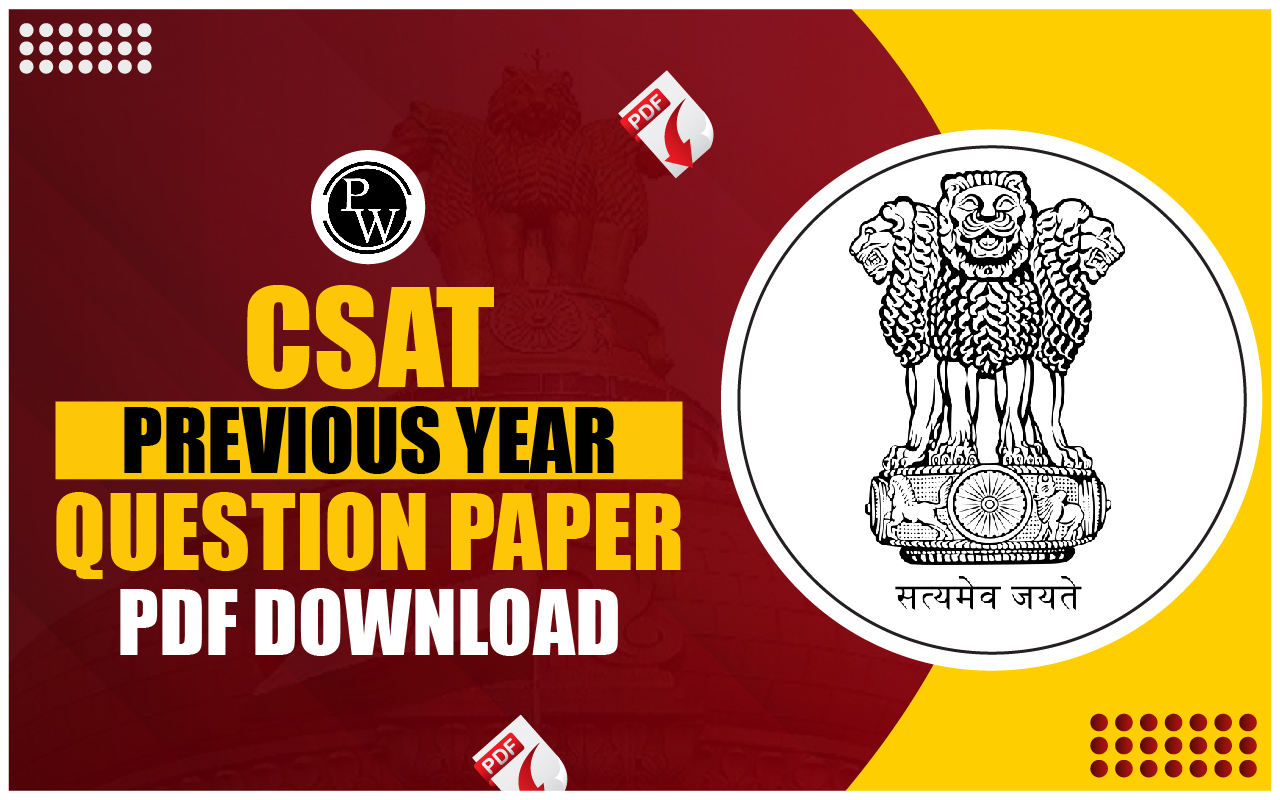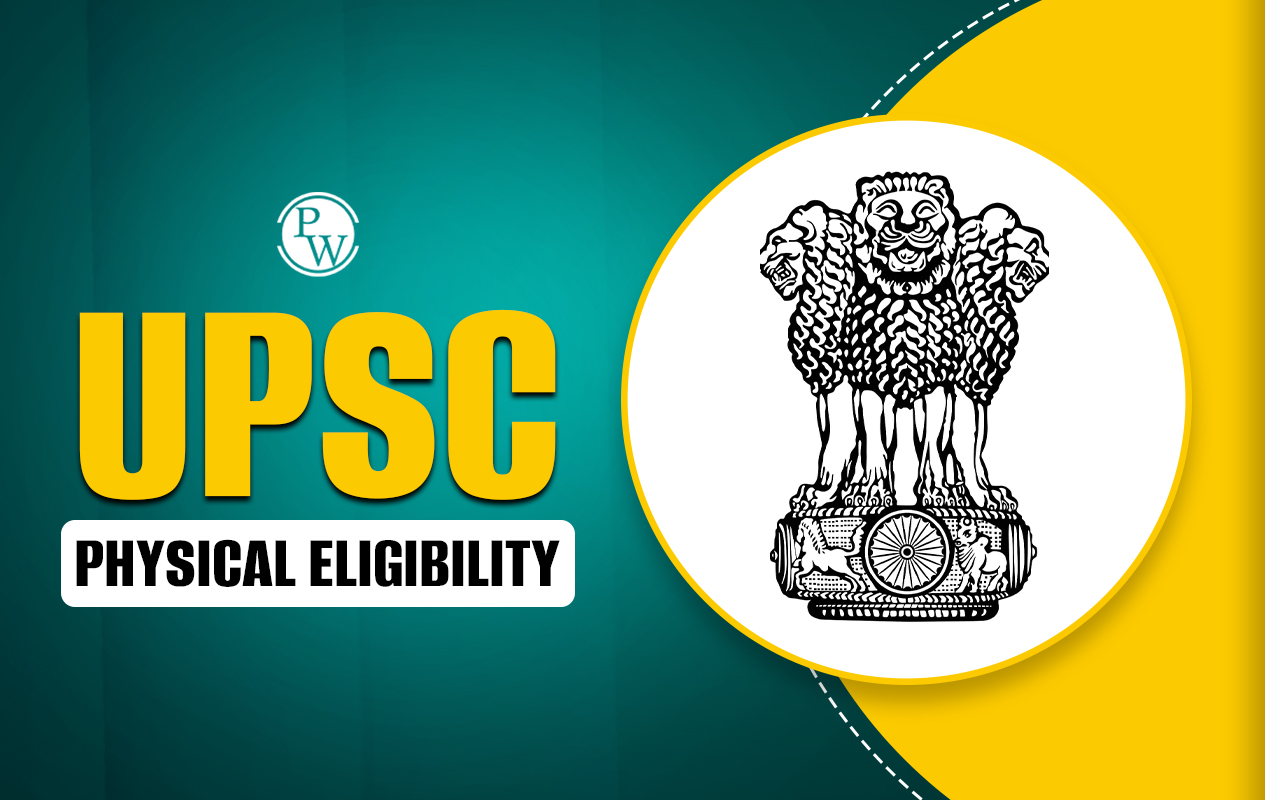
The Uniform Civil Code (UCC) refers to the idea of implementing a single set of laws governing matters such as marriage, divorce, inheritance, and adoption for all citizens, irrespective of their religion. Recently, Uttarakhand became the first state in India to implement the Uniform Civil Code post-independence. With this, the UCC becomes a crucial topic for UPSC Prelims GS Paper 1 and UPSC Mains GS Paper 2. Keep reading to learn about the Uniform Civil Code and recent developments related to it.
First State to Implement Uniform Civil Code
On January 27, 2025, Uttarakhand became the first state after independence to implement the Uniform Civil Code. Till now , Goa was the only state in India that has implemented a Uniform Civil Code (since the colonial period) based on the Portuguese Civil Code of 1867. This development means that Uttarakhand became the second state in the country to enforce UCC after Goa and the first to do so in independent India.Uttarakhand Uniform Civil Code
The Uttarakhand Uniform Civil Code establishes uniform laws on marriage, divorce, inheritance, adoption, and live-in relationships, applicable to all domiciles of the state, regardless of religion or community. The code will also apply to domiciles living outside the state. Here are some key provisions of the Uttarakhand Uniform Civil Code (UUCC):- Standardization of Personal Laws: Uniform laws on marriage, divorce, inheritance, adoption, and live-in relationships.
- Marriage Regulation s: The legal marriage age is set at 21 for men and 18 for women. Mandatory marriage registration for legal recognition.
- Prohibited Practices: Bans polygamy, child marriage, triple talaq, nikah halala, iddat, and second marriages while a spouse is alive.
- Live-in Relationships: Couples must register within one month. Penalties for non-compliance. Children from these relationships have equal inheritance rights.
- Property Rights : Daughters have equal inheritance rights, ensuring gender equality.
- Implementation: A dedicated portal for UCC services is launched, including marriage and live-in registration, streamlining government processes.
- Exemptions: Uttarakhand UCC does not apply to Scheduled Tribes or certain protected communities to preserve their traditional rights.
What is the Uniform Civil Code?
The Uniform Civil Code (UCC) basically refers to a single set of laws that will govern personal matters like marriage, divorce, and inheritance across India, regardless of religion. The Indian legal system currently follows different personal laws for Hindus, Muslims, Christians, and other religious groups. The introduction of a UCC is aimed at promoting unity and equality, ensuring that all citizens are treated uniformly under the law. While the idea of a UCC is mentioned in the Indian Constitution under Article 44 as a directive principle, its implementation has remained a sensitive issue due to the debate on religious freedom and cultural diversity .Historical Background of Uniform Civil Code
The origins of the Uniform Civil Code trace back to colonial India . The British ruled India using religious personal laws to govern different communities in matters of family and inheritance. However, the concept of a common code was first proposed by the British government in a report published in 1835 . Later, in 1941, the B. N. Rau Committee was formed to codify Hindu law. After independence, the framers of the Indian Constitution debated the UCC extensively. Finally, it was included in the Directive Principles of State Policy (DPSP) as a non-binding recommendation in Article 44, leaving its implementation to the discretion of the government.Uniform Civil Code in the Indian Constitution
The Indian Constitution provides a foundation for the Uniform Civil Code through Article 44 (DPSP) , which states that “The State shall endeavor to secure for the citizens a uniform civil code throughout the territory of India.” It emphasizes the need for uniformity in personal laws, aligning with the principles of equality and justice. However, since the DPSPs are not justiciable i.e. not enforceable by any court, the implementation of the Uniform Civil Code is largely dependent on the political will of the government and public consensus. Further, Article 25 of the Constitution guarantees the right to freedom of religion, which gives religious communities the autonomy to follow their personal laws. This leads to a conflict between two fundamental principles: the need for equality and uniformity in civil laws and the right to religious freedom, making the UCC a complex issue.Personal Laws in India
India follows a system of personal laws that are religion-specific, leading to differences in legal treatment. These personal laws govern matters like marriage, divorce, inheritance, and adoption. Here’s a brief look at the major religious personal laws in India:- Hindu Personal Law: Governs Hindus, Buddhists, Jains, and Sikhs. This includes the Hindu Marriage Act 1955, Hindu Minority and Guardianship Act 1956, Hindu Adoption and Maintenance Act 1956, and the Hindu Succession Act 1956.
- Muslim Personal Law: While not codified, these are based on the Shariat Application Act, 1937, Muslim Women (Protection of Rights on Marriage) Act, 2019, etc. governing aspects like marriage (Nikah), divorce (Talaq), and inheritance.
- Christian Personal Law: Includes the Indian Christian Marriage Act 1872, and governs Christians' marriage, divorce, and adoption.
- Parsi Personal Law: Personal law like Parsi Marriage and Divorce Act 1936, governs marriage and divorce among Parsis.
Important Judgements on UCC
The Supreme Court has repeatedly called for the implementation of the UCC, arguing that it is essential for achieving true equality and justice in modern society. Some of the key judgements are:| Important Judgements on UCC | |
| Case | Key Points |
| Shah Bano Case (1985) | In this case, the Supreme Court ruled in favor of alimony for a divorced Muslim woman which sparked a national debate on the need for a UCC to protect the rights of women across religions. |
| Sarla Mudgal Case (1995) | The Supreme Court urged the government to move toward a UCC, emphasizing that the existence of multiple personal laws creates confusion and legal inequality. |
| Pannalal Bansilal Pitti Case (1996) | Supreme Court recognized the need for reforms in personal laws but also acknowledged the complexities of imposing a UCC. |
| Lily Thomas Case (2000) | The Supreme Court underlined the importance of a Uniform Civil Code (UCC) to prevent legal exploitation across religious lines while invalidating conversion solely for marriage. |
| John Vallamattom Case (2003) | The court observed that personal laws needed to be reformed in line with modern constitutional values and reiterated the necessity of implementing a UCC. |
| Shabnam Hashmi Case (2014) | Connected the Juvenile Justice Act to the UCC, stressing the need for secular laws. |
| Shayara Bano Case (2017) | Declared the practice of instant triple talaq unconstitutional, and restarted discussions on the necessity of a Uniform Civil Code |
Uniform Civil Code FAQs
What is the Uniform Civil Code?
The Uniform Civil Code (UCC) refers to a single set of laws governing personal matters like marriage, divorce, and inheritance for all citizens, regardless of religion.
Why is the Uniform Civil Code important?
The UCC aims to promote equality by ensuring that all citizens are governed by the same laws, reducing discrimination, particularly against women.
What does Article 44 say about the Uniform Civil Code?
Article 44 of the Indian Constitution directs the State to work toward implementing a Uniform Civil Code across India to ensure legal uniformity.
Which state has taken steps to implement the UCC?
Uttarakhand is the first state to enforce Uniform Civil Code, aiming to ensure gender equality and social justice.
Which state has the Uniform Civil Code?
As of now, two states in India—Goa and Uttarakhand—have implemented a Uniform Civil Code (UCC).
Talk to a counsellorHave doubts? Our support team will be happy to assist you!

Check out these Related Articles
Free Learning Resources
PW Books
Notes (Class 10-12)
PW Study Materials
Notes (Class 6-9)
Ncert Solutions
Govt Exams
Class 6th to 12th Online Courses
Govt Job Exams Courses
UPSC Coaching
Defence Exam Coaching
Gate Exam Coaching
Other Exams
Know about Physics Wallah
Physics Wallah is an Indian edtech platform that provides accessible & comprehensive learning experiences to students from Class 6th to postgraduate level. We also provide extensive NCERT solutions, sample paper, NEET, JEE Mains, BITSAT previous year papers & more such resources to students. Physics Wallah also caters to over 3.5 million registered students and over 78 lakh+ Youtube subscribers with 4.8 rating on its app.
We Stand Out because
We provide students with intensive courses with India’s qualified & experienced faculties & mentors. PW strives to make the learning experience comprehensive and accessible for students of all sections of society. We believe in empowering every single student who couldn't dream of a good career in engineering and medical field earlier.
Our Key Focus Areas
Physics Wallah's main focus is to make the learning experience as economical as possible for all students. With our affordable courses like Lakshya, Udaan and Arjuna and many others, we have been able to provide a platform for lakhs of aspirants. From providing Chemistry, Maths, Physics formula to giving e-books of eminent authors like RD Sharma, RS Aggarwal and Lakhmir Singh, PW focuses on every single student's need for preparation.
What Makes Us Different
Physics Wallah strives to develop a comprehensive pedagogical structure for students, where they get a state-of-the-art learning experience with study material and resources. Apart from catering students preparing for JEE Mains and NEET, PW also provides study material for each state board like Uttar Pradesh, Bihar, and others
Copyright © 2026 Physicswallah Limited All rights reserved.









